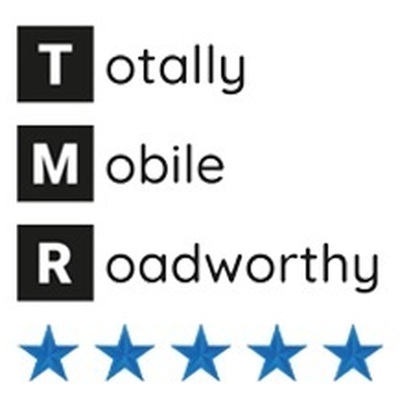What is the Difference Between a Roadworthy/Safety Certificate and a Pre-Purchase Inspection?
الجسم
Buying or selling a car can be an exciting time. Who doesn’t love that new car smell or a wad of cash in your hand after a successful sale? However, as we all know, where there is a large cash transaction, there will be a trail of paperwork required. While you might be eager to drive off in your new purchase or hit the shops with your full wallet, there are a few things you need to cover off before you are free and easy.
For many states within Australia, a roadworthy certificate is a legal requirement. Without one, you may not be able to register your car. When purchasing a used vehicle, you also may want to consider getting a pre-purchase inspection. This will help you determine the overall condition of the car.
What is a roadworthy/safety certificate?
Mobile roadworthy certificate (or RWC), or safety certificates, are legally required by many states within Australia as part of the registration process. As well as playing a major part in buying a used car. Ultimately, an RWC requires an authorised inspector to go through a safety checklist and assess if the car meets your state’s legislative standards and requirements.
The assessment will evaluate specific parts within the car that ensure the vehicle does not pose a safety hazard. A roadworthy inspection will check the following components:
- Wheels and tyres
- Brakes and steering
- Seats and seat belts
- Lights
- Chassis
- Additional safety features
What is a pre-purchase inspection?
Much like a RWC, a pre-purchase inspection will tell you how safe a car is before you buy. You will be able to make an informed decision about the suitability of the vehicle depending on the outcome of the inspection. This type of assessment takes into consideration many of the aspects checked during the RWC process. However, it also looks at the overall condition of the car. And how effectively all the systems function. This will tell you how well the car has been cared for by its previous owner.
If you are thinking about selling your car, you may also choose to have an inspection performed so you can determine a reasonable sale price. Additionally, you will be able to offer comprehensive condition details to a potential buyer.
What is the difference?
Basically, the difference between a RWC and a pre-purchase inspection is in the intention. A RWC shows that the car has been evaluated based on specific safety elements and determines if the car is roadworthy. It also may be a legal requirement in your state. A pre-purchase inspection, on the other hand, offers advice to help buyers decide if the car is safe and worth the cost of purchase.
Some of the items checked during the process of evaluation can overlap, however where a RWC will focus on particular parts, a pre-purchase inspection will give you a detailed report about the car’s overall condition.














تعليقات